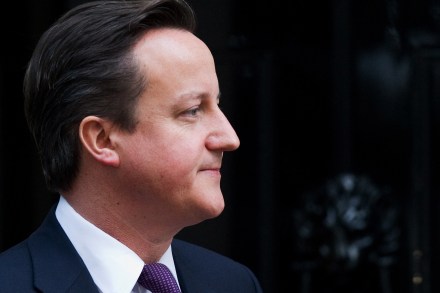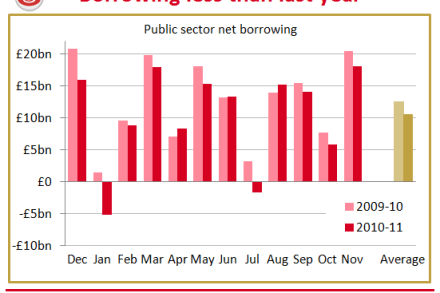A tax battle that the government won’t be able to avoid
The government is very pleased with itself today for closing a couple of tax loopholes such that Barclays will have to pay £500 million more to the Exchequer. And little wonder why. Not only does it support their rhetoric about a ‘tougher approach’ to tax avoidance, but — on the principle that ‘every little helps’ — it also hammers another few chips from the deficit. Broadly speaking, this sort of action is uncontroversial. In the battle of wits over taxation, the government is well within its legal rights to close loopholes, just as companies are well within theirs to exploit them. But this case is complicated by the fact that

















